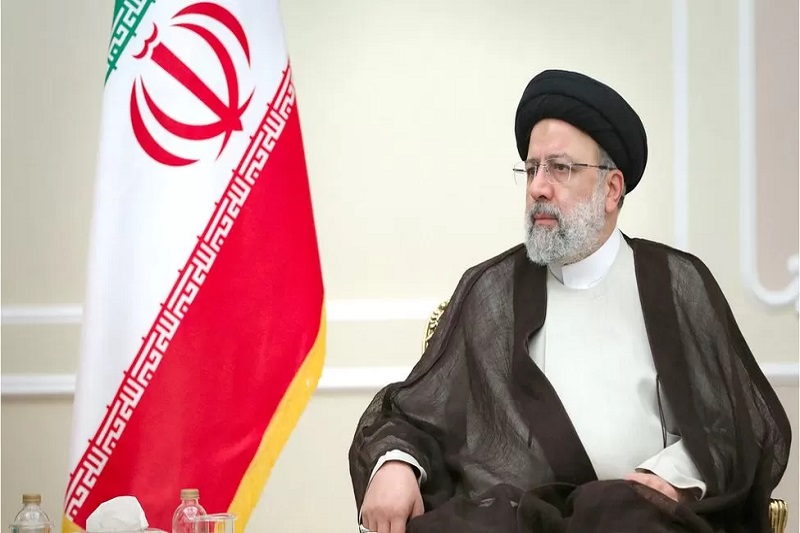Last updated on July 13th, 2023 at 08:46 am
According to recent reports, Iranian President Ebrahim Raisi will begin his trip to African countries on Wednesday (July 12). According to statements made by Kenya’s Ministry of Foreign Affairs, the visit was postponed so that essential memoranda of understanding could be concluded. In the announcement, it was mentioned that Presidents Ruto and Rassi would be meeting with each other.
Iran wants to strengthen its political and economic connections with Kenya, Uganda, and Zimbabwe. Kamiar Babak, a prominent expert on the Middle East, provided Africanews with an analysis of the implications of this African effort. Since the United States pulled out of the nuclear deal on its own in 2018, the Joint Comprehensive Plan of Action (JCPoA), the Iranian government has been attempting to diversify its alliances. When you consider the possibilities in these three African countries in particular, as well as the size of the market in Africa as a whole, this certainly appears to have a lot of upside potential.
Iran’s diplomatic efforts have substantially increased in recent weeks and months. Sanctions against the Middle Eastern nation continue to be an issue; one could even call them a roadblock, despite the fact that an Iranian leader is expected to visit Africa for the first time in 11 years and sign a number of agreements while there. “Some agreements will surely be signed, but the most important thing is how this kind of agreement can be fruitful in the next two years for both nations and both sides,” Babak said. “Let’s see to what extent we can expect this kind of relationship to work in the presence of US sanctions.”
According to the senior expert in the Middle East, “I am not sure how an agreement between Iran and another state can be fruitful if Western sanctions continue to be in place and Teheran has the unsolved problem with FATF and if there is no way within the SWIFT banking system.” “The real issue is the problem that exists between Iran and the big powers, which are the Western powers and include the US.”
Related Posts
Iran has also taken a significant hit as a result of the conflict in Ukraine. Iran has lost the support of possible European allies as a result of allegations that Tehran may be taking Russia’s side in a dispute. As a result, key executives from the business world will be part of the Iranian delegation, in addition to government officials like the Minister of Foreign Affairs.
Following President Putin’s backing, either directly or indirectly, throughout the conflict in Ukraine, the Iranian economy and currency both saw a significant devaluation. This is one approach to finding a way, and it’s taking place in Africa. The tour stopped in South American countries yesterday, and it’s possible that it will visit further African nations tomorrow.
The African journey was referred to as “a new turning point” by the spokesman for Iran’s Ministry of Foreign Affairs. The Iranian capital of Tehran decided in March to mend its relations with Saudi Arabia as part of a deal that China negotiated. A trip to Indonesia was also part of the itinerary for the Iranian president’s tour of Latin American countries that began in June of last year and included a stop in Venezuela.

